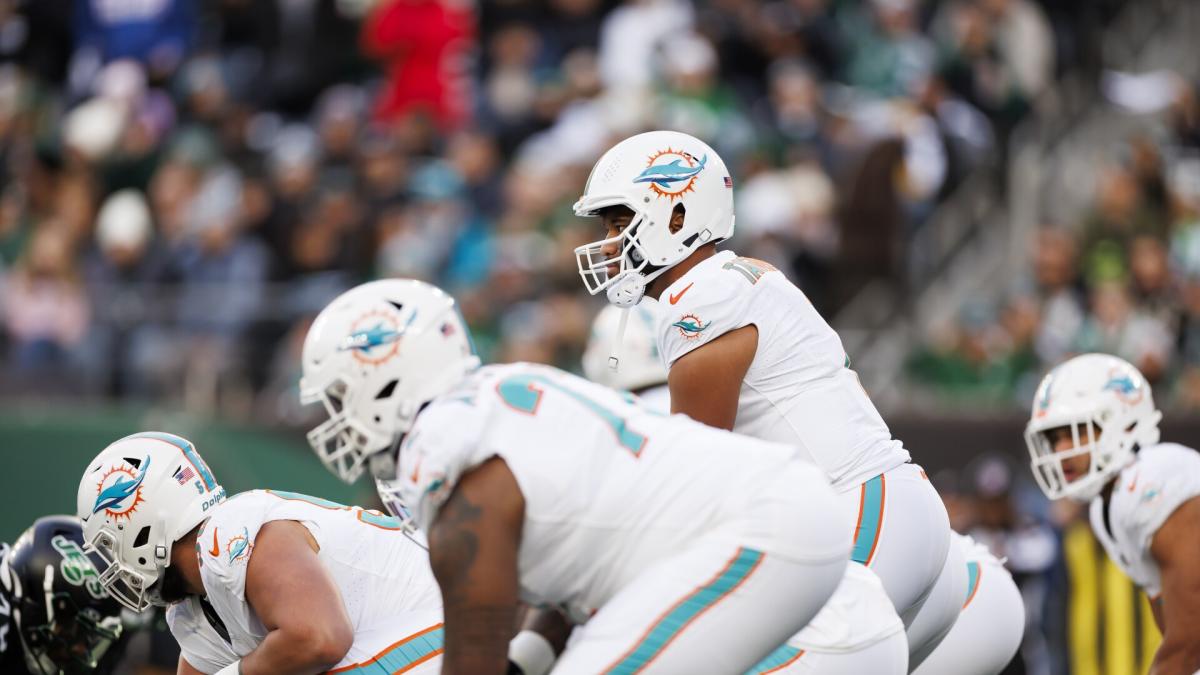Sports
Shawn Hochuli, Sean McVay downplay new language aimed at “cheat motion”

The NFL recently posted its 2024 rule book. As we usually do (unless we forget), we scrolled through it searching for new language.
The league helps that process by changing the text of the new language from black to red. And one new sentence in red caught my eye: “Any eligible backfield player who changes his stance does not have to come to a complete stop prior to the snap, as long as his actions are not abrupt (false start) or forward (illegal motion).”
The sentence was added to the existing language regarding pre-snap action of eligible receivers. It prompted me to ask someone who would know the reason for the addition. And the message was clear — it’s a reaction to the “speed motion” (also known as “cheat motion”) by teams like the Dolphins, 49ers, and Rams.
So we wrote it up and posted it. And it created a bit of a stir.
Both referee Shawn Hochuli (who was working with the Rams on Thursday) and Rams coach Sean McVay downplayed the new language.
“Nothing has changed with how we are going to officiate that,” Hochuli said, via Jordan Rodrique of TheAthletic.com. “If you start to move forward before the snap, then it’s gonna be an illegal motion. Nothing has changed.”
Said McVay: “As far as the ways the motions pre-snap will be officiated, it’ll be same-as.”
As Dolphins radio analyst Joe Rose explained on Friday while he and I discussed the new language on his WQAM weekday show, coaches regularly complained to officials last year before Miami games about the perception (reality) that Dolphins players were making abrupt movements and/or moving forward, just before the ball is snapped. Rose said that former Patriots coach Bill Belichick was among those who complained that the rules were being broken but that flags weren’t being thrown.
The extra language is intended to ensure that violations are penalized. Last year, they often weren’t.
Don’t expect Hochuli to admit that his colleagues failed to kill plays and throw flags when a sudden and abrupt shift forward happened a whisker before the pigskin moved. And don’t expect one of the coaches who use it to treat it as forbidden. Both Shawn and Sean have every reason to downplay the new language.
It’s there as a reminder regarding the limits of the technique. But what makes it so effective is the abrupt motion (false start) and/or the forward turn (illegal motion).
This year, the message from the league office (which wasn’t quoted in the article that quoted Hochuli and McVay) is that when “cheat motion” happens in a way that really is cheating, the officials are expected to blow the whistle (even after the play has started) and throw the flag.
Teams that faced “cheat motion” often believed that the officials were failing to do that, giving offenses that perfected it an unfair edge.





